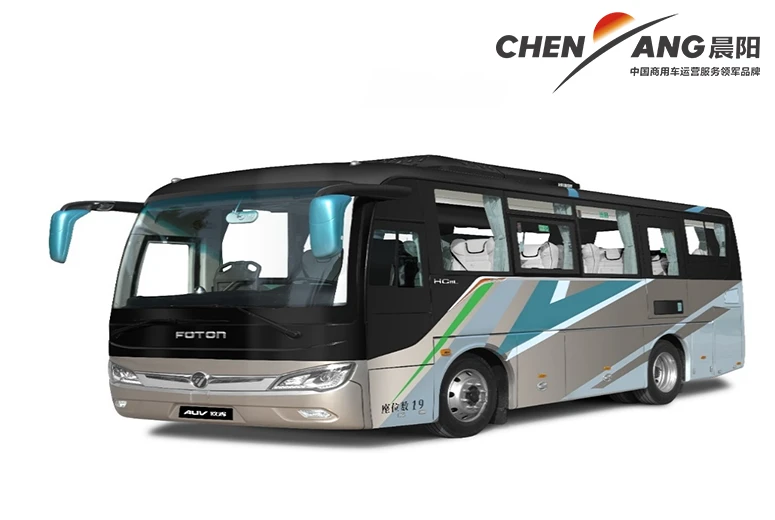Trends and Innovations in the Heavy Duty Trucks Industry for Future Growth
The Heavy Duty Trucks Market An In-Depth Analysis
The heavy-duty trucks market is a vital segment of the global transportation industry, playing a significant role in facilitating the movement of goods and materials across vast distances. Heavy-duty trucks, typically defined as those with a gross vehicle weight rating (GVWR) exceeding 33,000 pounds, are essential for various sectors including construction, agriculture, and logistics. This article aims to explore the current trends, challenges, and the future outlook of the heavy-duty truck market.
Current Market Trends
The heavy-duty truck market has witnessed substantial growth in recent years, driven by increasing demand for freight transportation due to the expansion of e-commerce. As consumers increasingly turn to online shopping, logistics companies are under pressure to enhance their delivery capabilities. This surge in demand has propelled the sales of heavy-duty trucks, which are often preferred for their superior payload capacity and durability compared to lighter vehicles.
Additionally, technological advancements have led to the introduction of more efficient and environmentally friendly heavy-duty trucks. The integration of electric and hybrid technologies is reshaping the industry, as manufacturers seek to comply with stringent emissions regulations and reduce operational costs. Companies like Tesla and Nikola are spearheading the development of electric heavy-duty trucks, aiming to transform traditional fleets into sustainable ones.
Moreover, the rise of smart logistics is influencing the heavy-duty truck market. Fleet management solutions incorporating telematics and real-time data analytics are becoming commonplace, allowing companies to optimize routes, reduce fuel consumption, and enhance overall operational efficiency. As the Internet of Things (IoT) continues to permeate various sectors, heavy-duty trucks are becoming smarter, enhancing their performance and reducing downtime.
Challenges in the Industry
heavy duty trucks market

Despite its growth trajectory, the heavy-duty truck market faces several challenges. One of the most pressing issues is the volatility of fuel prices, which can significantly impact operational costs for fleet operators. Unpredictable fuel costs can lead to budget constraints and affect manufacturers' pricing strategies.
Moreover, the transition to electric and hybrid heavy-duty trucks, while promising, comes with its own set of challenges. Concerns regarding the availability of charging infrastructure and the relatively high initial investment required for these vehicles can hinder widespread adoption. Additionally, as electric powertrains are still evolving, there are questions about their suitability for long-haul freight operations, which remain a critical component of the heavy-duty truck market.
Labor shortages also pose a significant challenge. The trucking industry is currently facing a demographic crisis, with many experienced drivers nearing retirement and too few new drivers entering the field. This shortage not only affects the efficiency of logistics services but also places additional pressure on heavy-duty truck manufacturers to innovate solutions that require fewer drivers, such as automated trucking technology.
Future Outlook
Looking ahead, the heavy-duty truck market is likely to continue its growth, albeit with a focus on sustainability and technological advancements. Legislative measures aimed at reducing carbon emissions will further encourage the adoption of cleaner technologies. As manufacturers invest in research and development, we can expect to see improved battery technologies and more efficient electric drivetrains, making electric heavy-duty trucks more viable for long-haul routes.
Furthermore, partnerships between technology firms and traditional truck manufacturers will likely become more prevalent, fostering innovation in the sector. The potential for automated driving systems could redefine freight transportation, reducing reliance on human drivers while improving safety and efficiency.
In conclusion, the heavy-duty trucks market remains a crucial component of the global economy, driven by a confluence of demand for freight transportation, technological advancements, and a shift toward sustainability. While challenges such as fuel price fluctuations, infrastructure development, and labor shortages persist, the future appears promising as the industry adapts to changing market dynamics and embraces new technologies. The journey toward a more efficient, sustainable heavy-duty trucking system is underway, heralding a significant transformation in how goods are transported worldwide.
-
Premium Body Chassis Car Solutions Durable Car Body Chassis & Square Body Chassis ManufacturerNewsJun.10,2025
-
Passenger and Commercial Vehicles Versatile Solutions for Every Need High Performance, Reliable SafetyNewsJun.10,2025
-
12 Passenger Vehicles for Rent – Spacious, Comfortable Multi-Passenger Rental OptionsNewsJun.10,2025
-
High-Quality Auto Headlights Durable Designs & Wholesale PricingNewsMay.30,2025
-
70 Seater Coach Hire - Spacious & Reliable Group Transportation SolutionsNewsMay.30,2025
-
High-Efficiency Crop & Land Cultivation Machines for Modern FarmsNewsMay.30,2025
Popular products

























